Africa is a continent so expansive, diverse and awe-inspiring that writing a paragraph introduction about the place, full of cliches and superlatives, has us feeling a little silly.
A tapestry of wild landscapes and cultures, the continent offers some of the most exhilarating safari experiences on the planet. While the iconic savannahs of the Serengeti and the majestic wildlife of the Kruger National Park have long been etched into the safari hall of fame, there is a whole host of lesser-known, yet equally captivating, adventures awaiting the intrepid traveller.
Keen to explore further? As close to the action as you could possibly get without jumping on a plane, here are some of Africa’s most truly unique safari experiences.
Horseback Safaris In The Waterways Of Botswana
Imagine the sun casting its golden hues over the Okavango Delta, the world’s largest inland delta, as you traverse its intricate waterways and islands on horseback.
This is the quintessence of a Botswana horseback safari, arguably the best of several incredible African horseback safaris across the continent, and a journey that allows you to become part of the landscape, silently weaving through the reeds and papyrus, approaching wildlife in the most natural and unobtrusive way possible.
The experience is unparalleled; the perspective from atop a horse is unique, offering both the thrill of proximity and the safety of elevation. Riders can expect to encounter a plethora of game: from the majestic herds of elephants and buffalo to the elusive big cats that call this watery paradise home. The horses are well-trained and accustomed to the presence of wildlife, making this an accessible adventure for both novice and experienced riders alike.
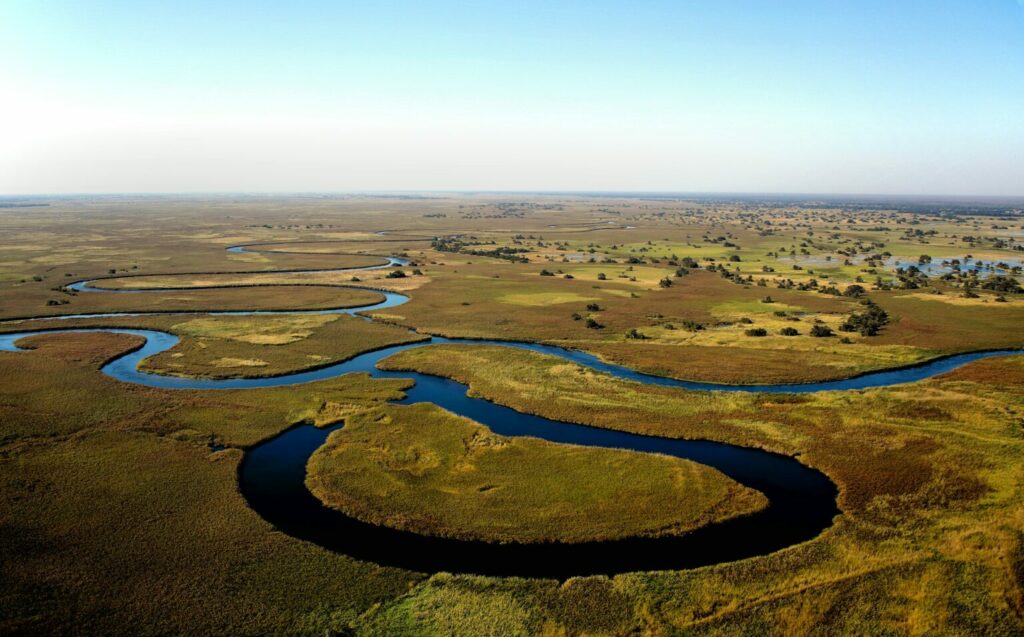
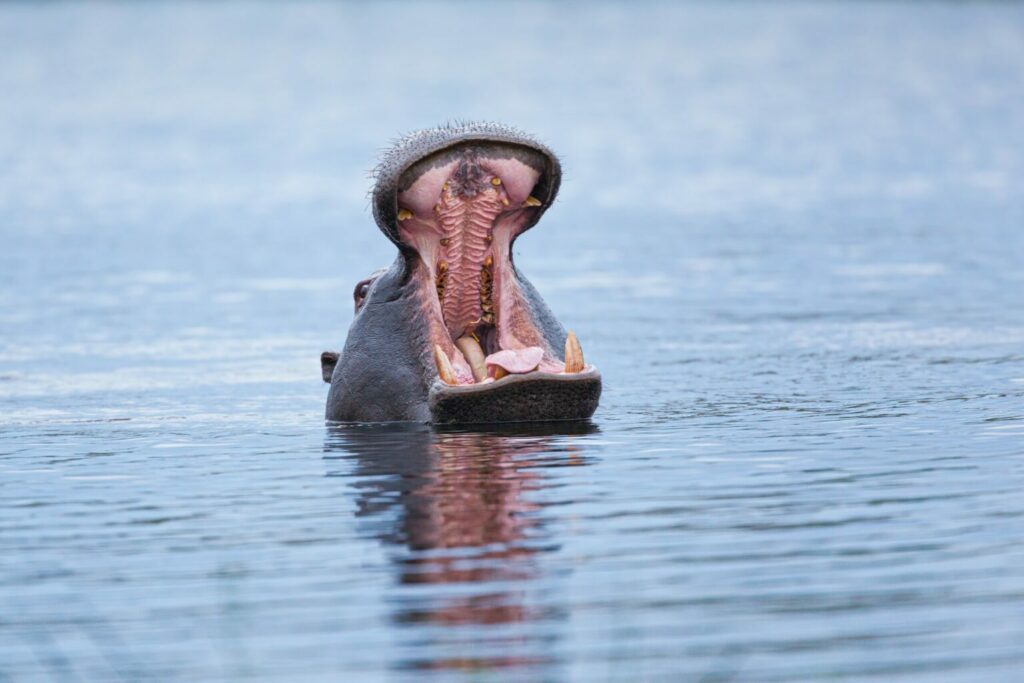
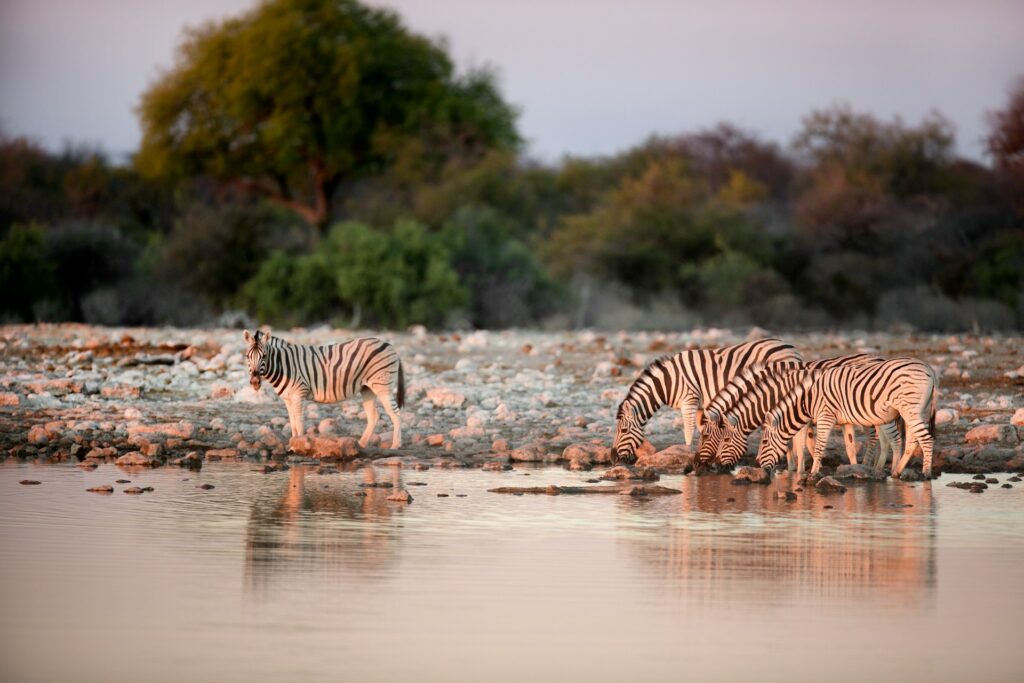
The Desert Adapted Wildlife Of Namibia
Namibia’s stark beauty is the backdrop for a safari unlike any other. Here, in the arid expanses of the Namib and the rocky outcrops of Damaraland, you will find wildlife that has ingeniously adapted to the harsh desert environment. The desert-adapted elephants, with their longer legs and smaller bodies, traverse vast distances in search of water, while the rare black rhino roams the dry riverbeds.
A safari in Namibia is as much about the landscape as it is about the wildlife. The towering red dunes of Sossusvlei and the hauntingly beautiful Deadvlei are as photogenic as they are surreal. The stark contrast between the wildlife and the environment offers a different kind of safari experience, one that is etched in silence and solitude.
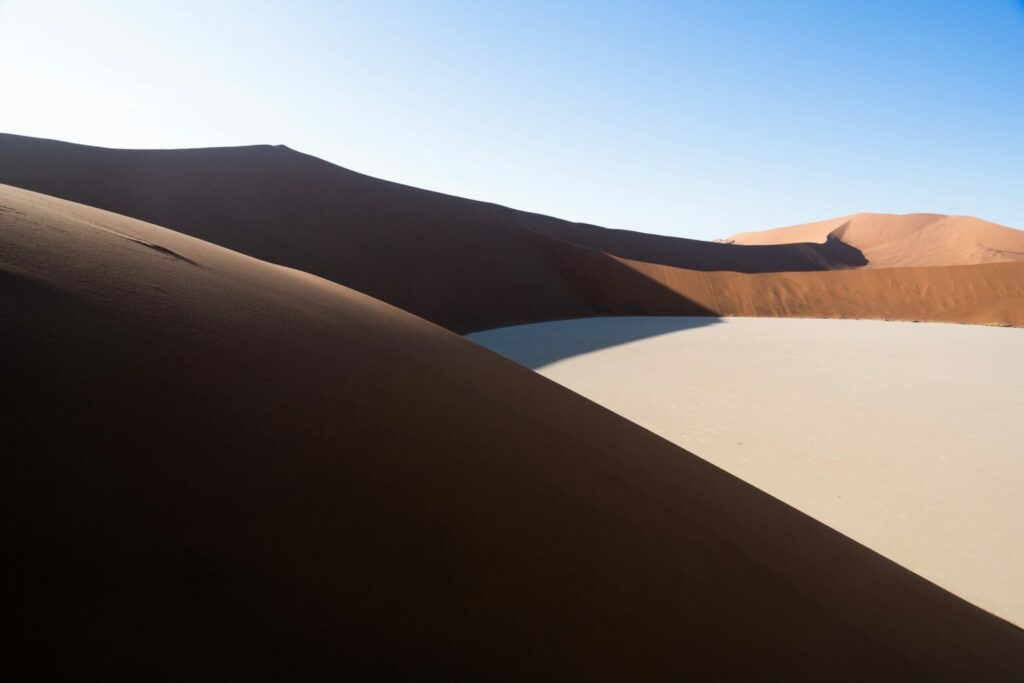

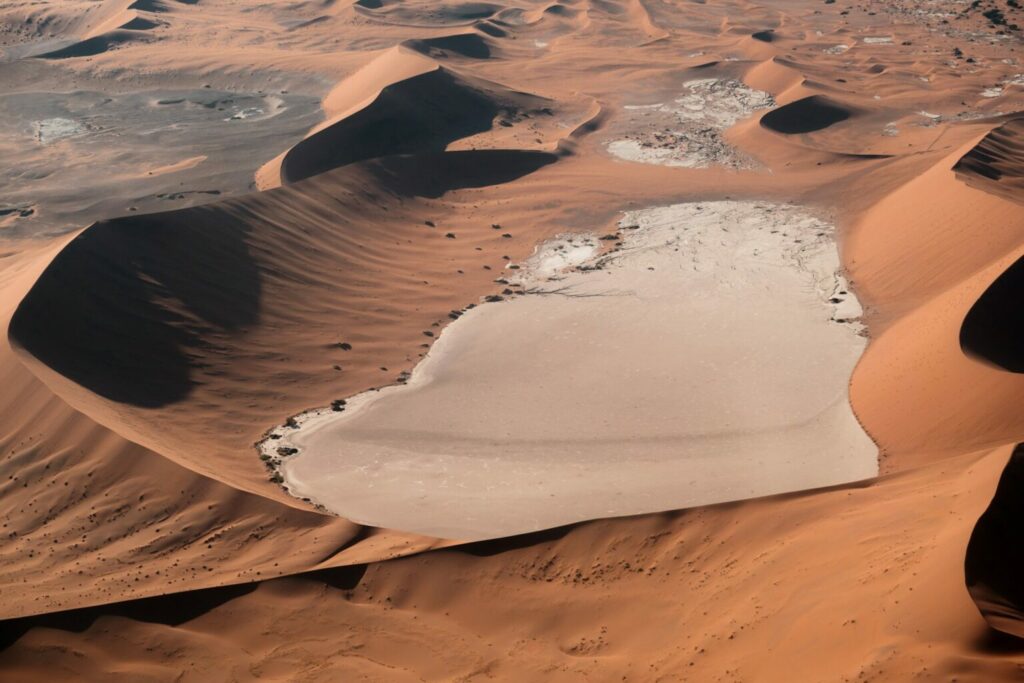
The Chimpanzees Of Tanzania’s Mahale Mountains
Tanzania is often synonymous with the Serengeti, but venture west and you will find the Mahale Mountains, home to some of Africa’s last remaining wild chimpanzees. Trekking through the rainforest to observe these primates is a humbling experience. The chimps, habituated to human presence, continue their daily routines unfazed by their human onlookers.
The Mahale Mountains are not easily accessible, which adds to the allure of this safari. The journey involves light aircraft flights and boat trips along Lake Tanganyika, Africa’s longest and the world’s second-deepest freshwater lake. This remoteness ensures an exclusive experience, far from the crowds, where the sounds of the forest and the sight of chimpanzees swinging through the trees are your rewards.
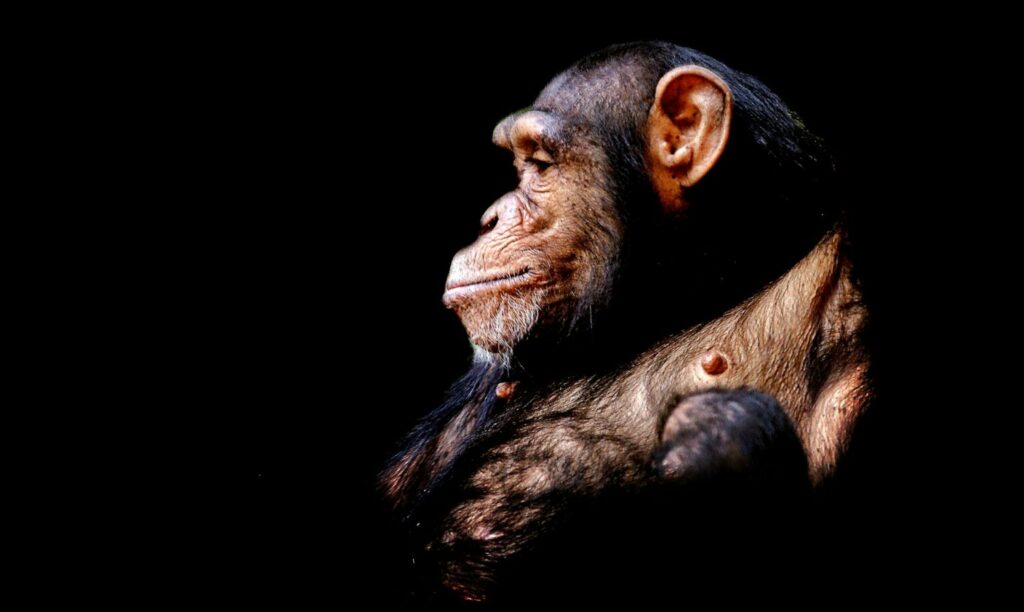
The Walking Safaris Of Zambia’s South Luangwa
South Luangwa National Park in Zambia claims the birthplace of the walking safari. This is a safari for those who wish to connect with the African bush at ground level. The experience is visceral; every sense is heightened as you walk through the territory of lions and leopards, guided by experts with an encyclopedic knowledge of the land and its inhabitants.
Walking safaris in South Luangwa are about the finer details: the tracks, the plants, the birds, and the insects that are often overlooked from the seat of a vehicle. It’s about learning the language of the bush, understanding the ecosystem, and appreciating the interconnectedness of all living things.
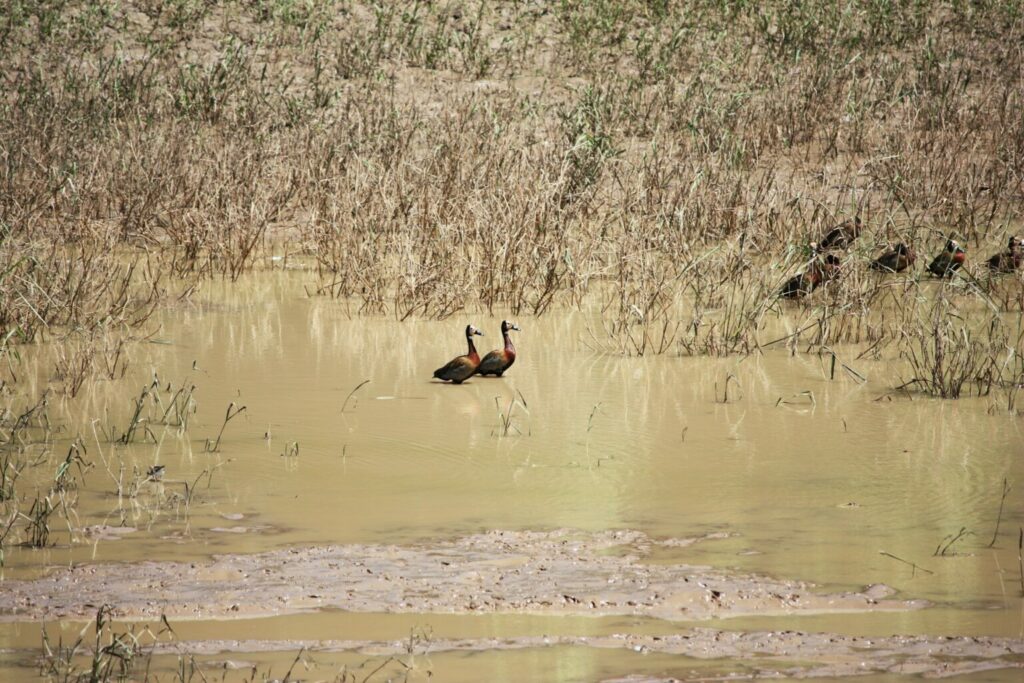
Madagascar’s Lemur Treks
Madagascar, the world’s fourth-largest island, offers a safari experience that is as unique as its endemic wildlife. Over 90% of the wildlife here is found nowhere else on Earth. The island’s superstar, the lemur, comes in over 100 varieties, from the ring-tailed to the indri, and trekking through Madagascar’s diverse ecosystems to spot these fascinating creatures is an adventure in itself.
The terrain varies from rainforests to deserts, and the culture is a vibrant mix of African and Asian influences. A safari here is not just about the wildlife; it’s about experiencing a world that has evolved in splendid isolation.
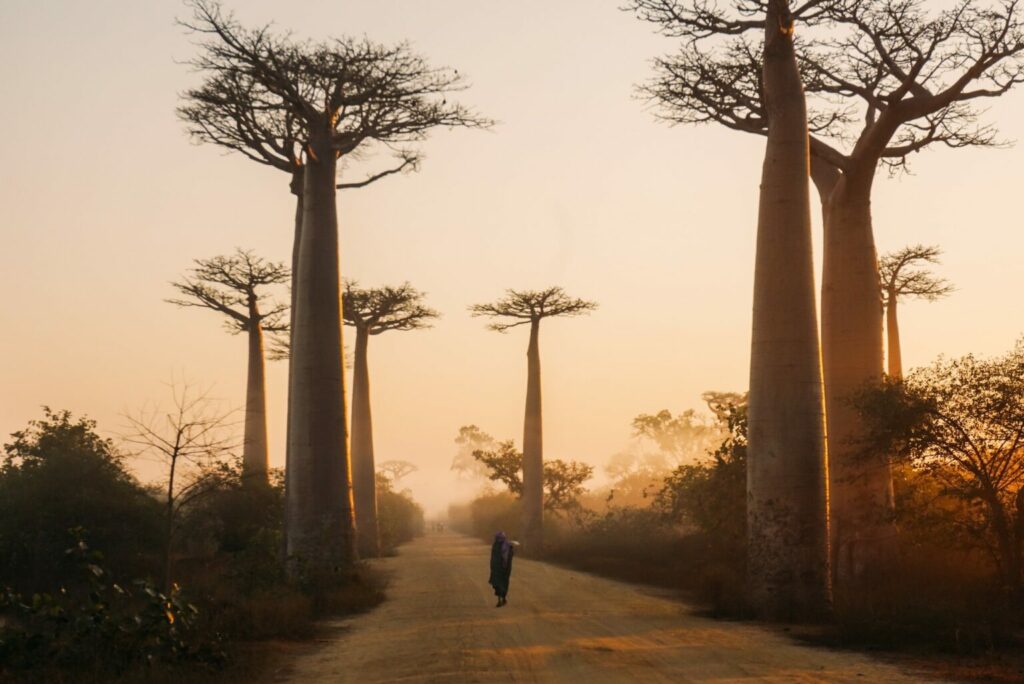

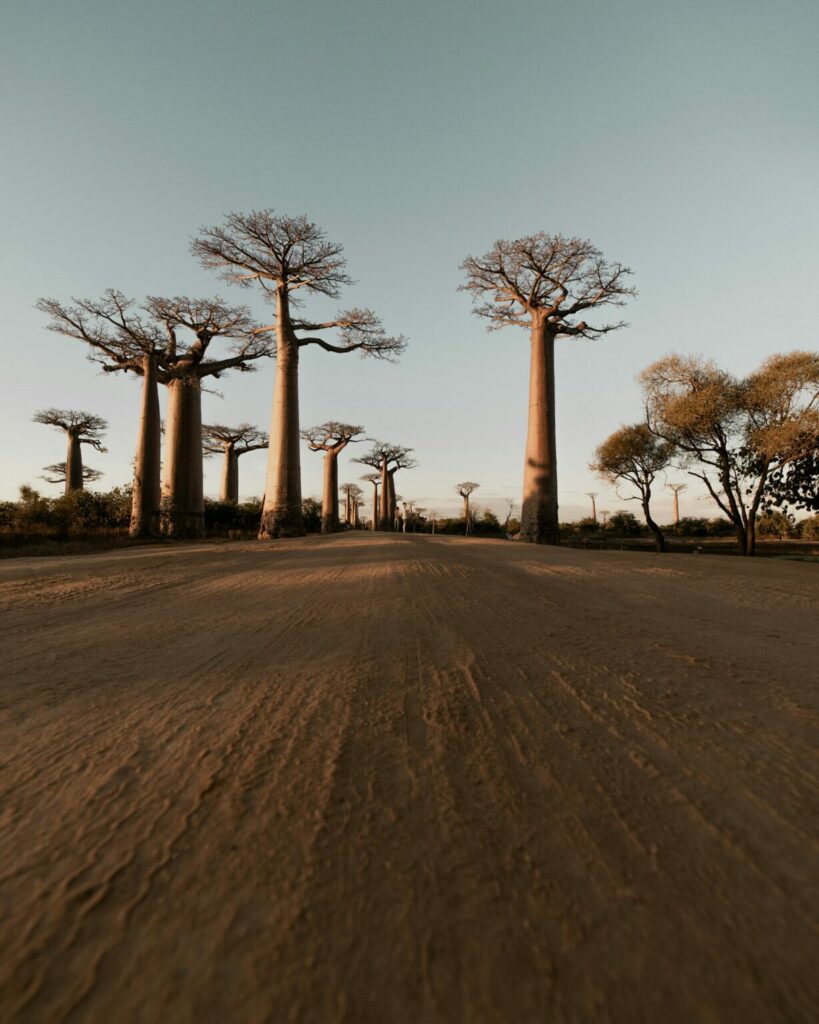
The Enigmatic Forest Elephants Of Gabon’s Loango National Park
Gabon might not be the first country that springs to mind when one thinks of an African safari, but therein lies its appeal. Loango National Park is a jewel in the crown of Central Africa, offering a safari experience that is as raw as it is rewarding. Here, you can witness the enigmatic forest elephants as they meander through the jungle and onto the pristine beaches, a sight so unique that it has been dubbed ‘Africa’s Last Eden’.
Loango is also home to surfing hippos, western lowland gorillas, and a myriad of bird species, making it a haven for wildlife enthusiasts seeking something truly off the beaten track. The park’s diverse ecosystems, which include savannah, forest, wetland, and coastline, provide a backdrop for a safari that is as varied as the wildlife that inhabits it.
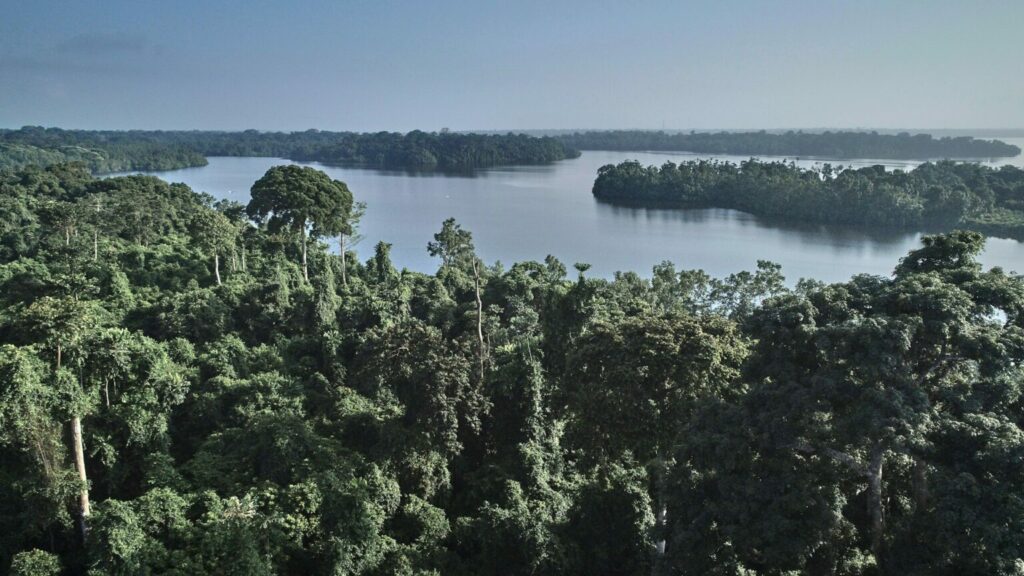
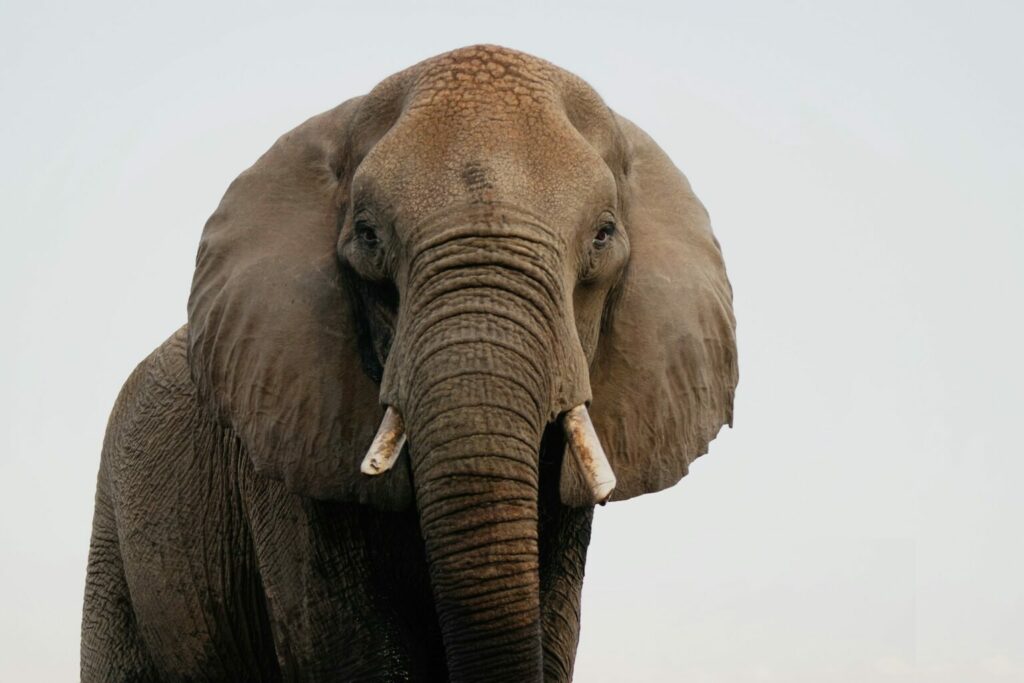
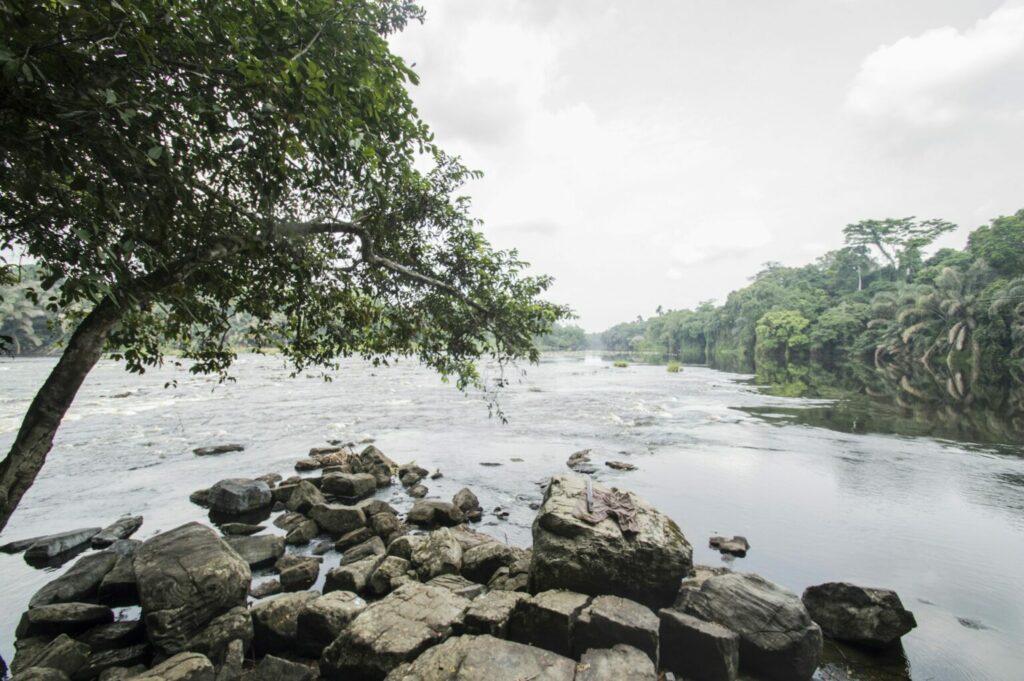
The Cultural Safari Of Ethiopia’s Omo Valley
Ethiopia’s Omo Valley is where a safari transcends wildlife and delves into the rich tapestry of human culture. The valley is home to an astonishing array of ethnic groups, each with their own distinct languages, customs, and traditions. A cultural safari here offers a rare opportunity to interact with communities such as the Hamar, Mursi, and Karo tribes, known for their intricate body paintings and adornments.
While the cultural aspect is the highlight, the Omo Valley is also rich in wildlife. The Omo National Park, one of the least visited parks in Africa, offers a chance to see large herds of buffalo, elephants, and giraffes, as well as the occasional sighting of lions and leopards, without the crowds found in more popular safari destinations. Indeed, it’s one of just many great reasons to visit Ethiopia.
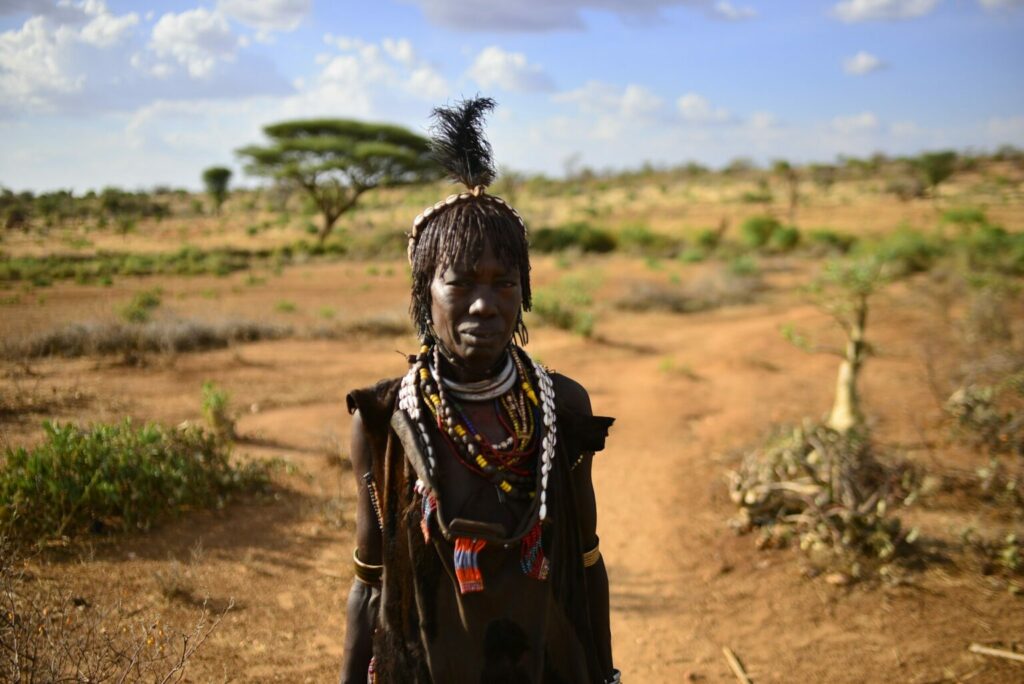
The Birdwatcher’s Paradise Of Uganda’s Queen Elizabeth National Park
Uganda may be famed for its mountain gorillas, but Queen Elizabeth National Park offers a different kind of safari, especially for birdwatching enthusiasts. The park boasts over 600 bird species, making it one of the best birding destinations in Africa. From the shores of Lake Edward to the Ishasha Plains, birdwatchers can spot a plethora of species, including the iconic shoebill stork, the African fish eagle, and the pink-backed pelican.
The park is also home to the famous tree-climbing lions of Ishasha, a phenomenon rarely observed elsewhere. The Kazinga Channel, which links Lake Edward and Lake George, offers boat safaris where you can see hippos, crocodiles, and a variety of water birds up close.
Queen Elizabeth National Park is a testament to Uganda’s biodiversity and a must-visit for those looking to combine exceptional birdwatching with classic African wildlife.
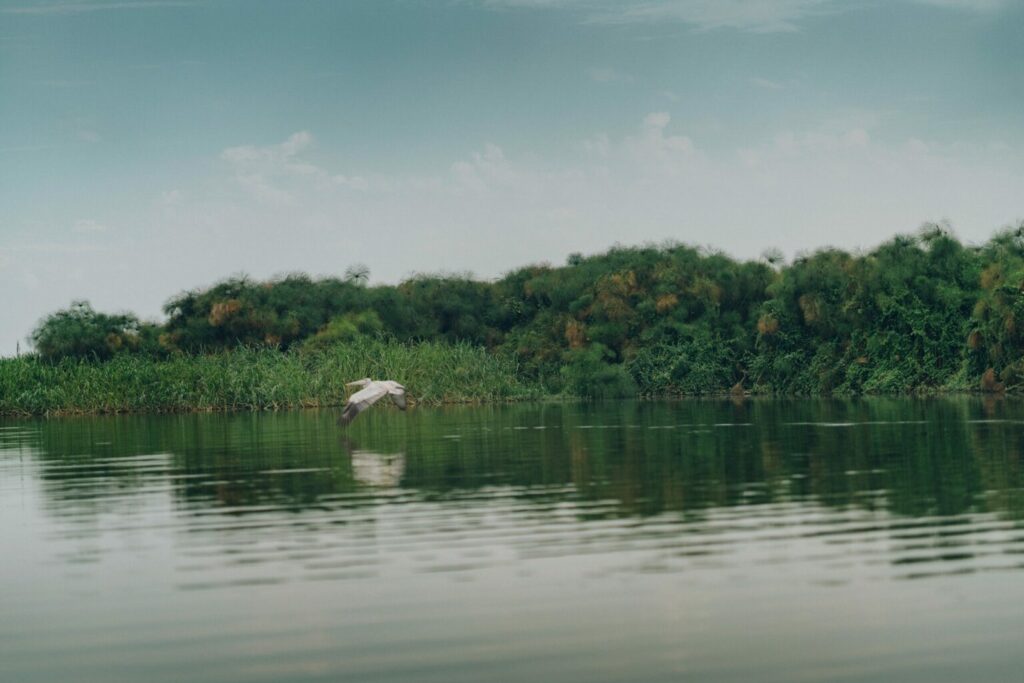
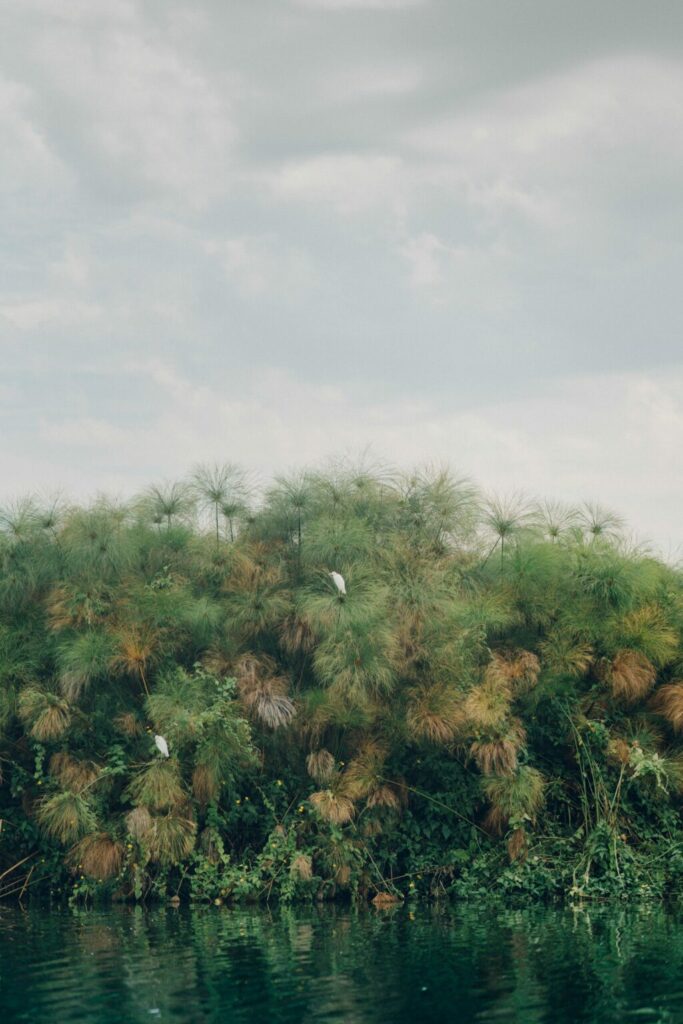
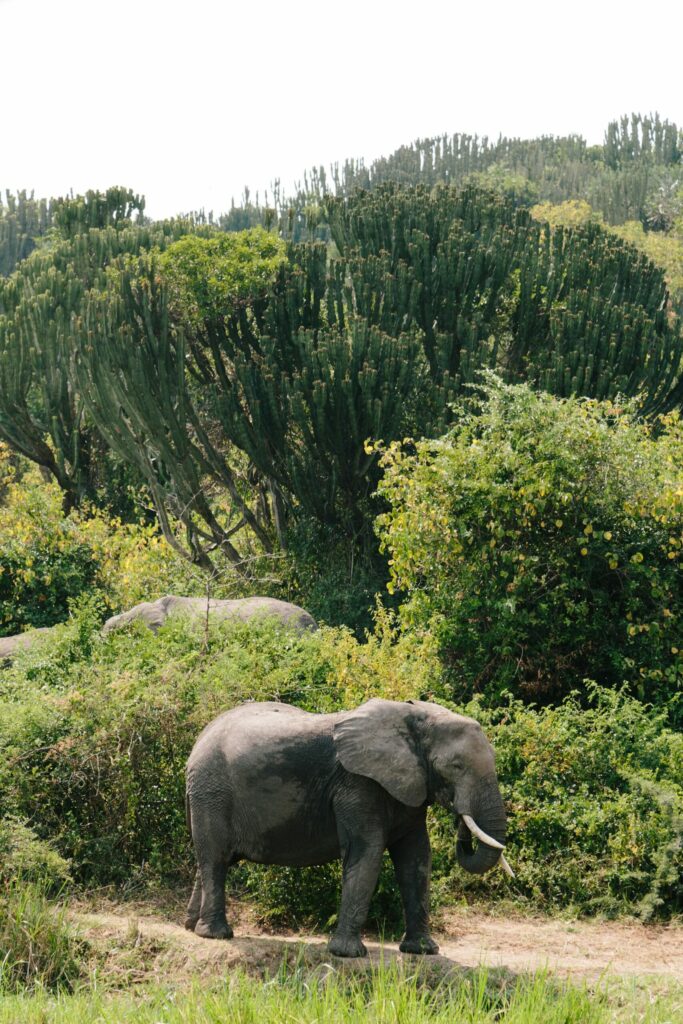
The Bottom Line
Africa’s most unique safaris challenge the conventional, taking you on a journey that is as unexpected as it is thrilling. Whether it’s the silent approach of horse hooves in the Okavango Delta, the shadow of a desert-adapted elephant in Namibia, or the curious eyes of a lemur in Madagascar, these experiences remind us that the path less travelled often leads to the most unforgettable adventures.





